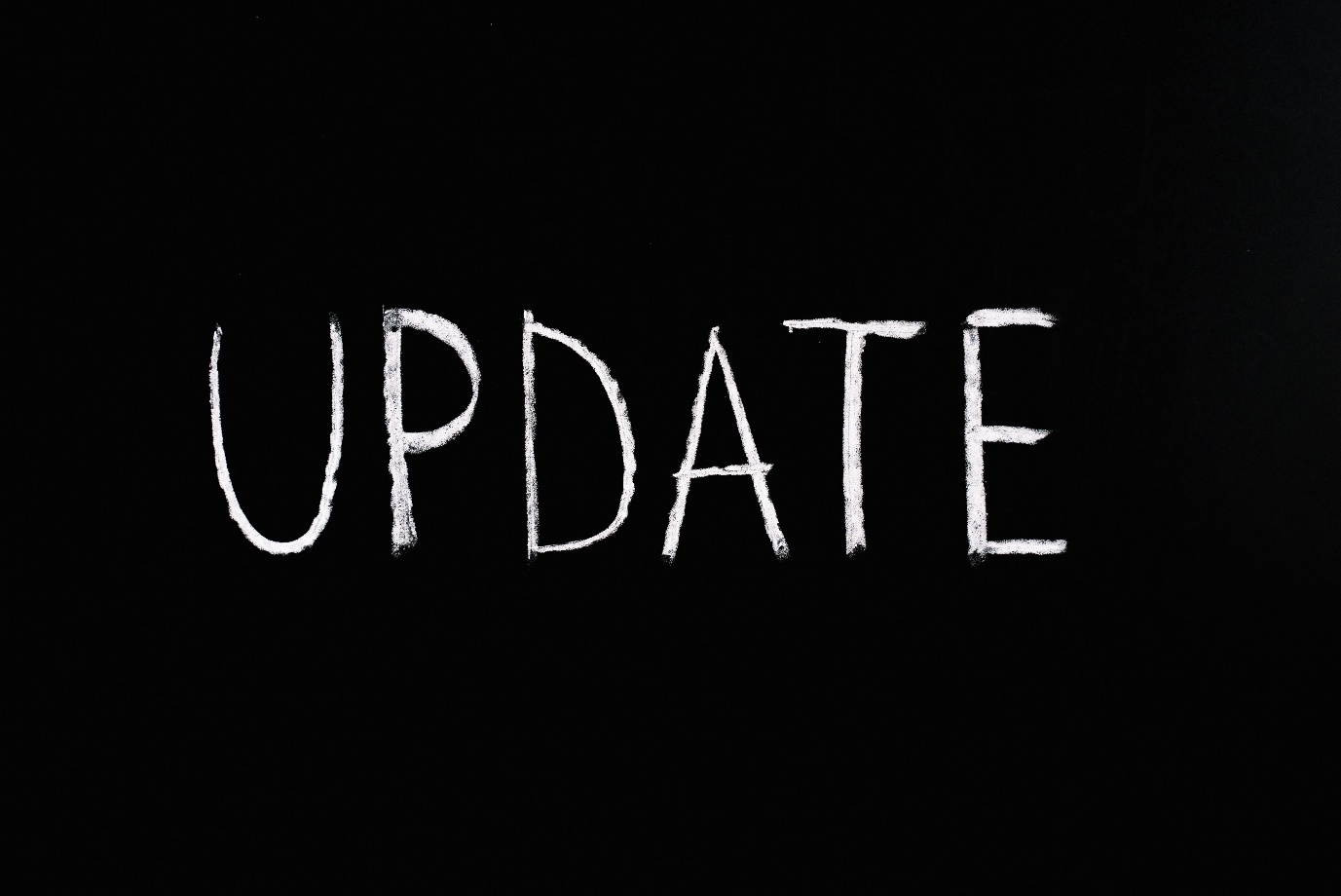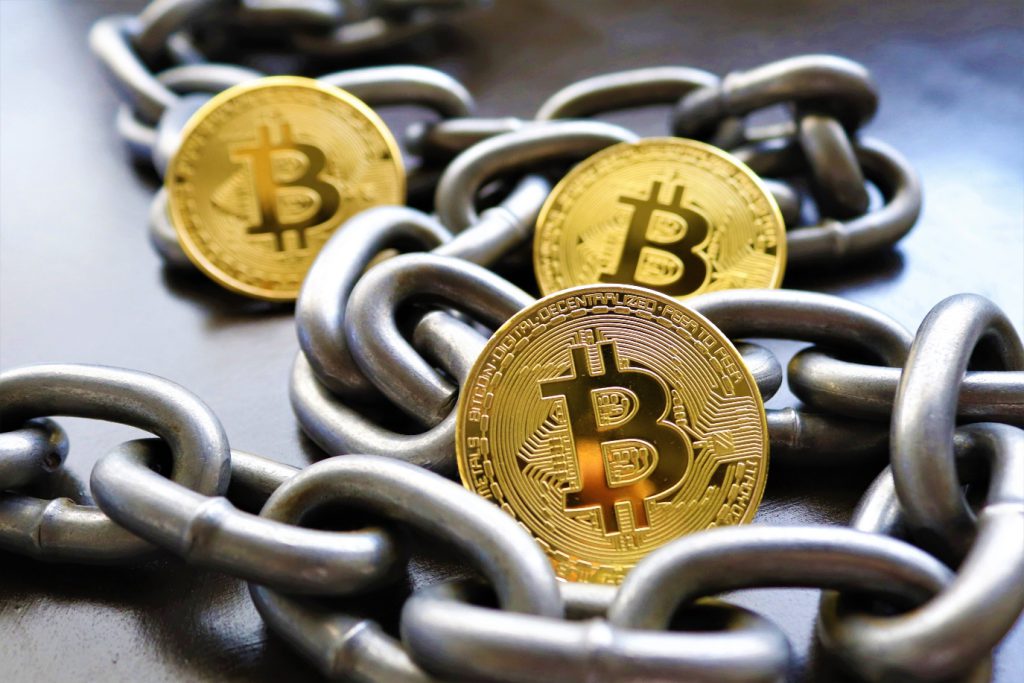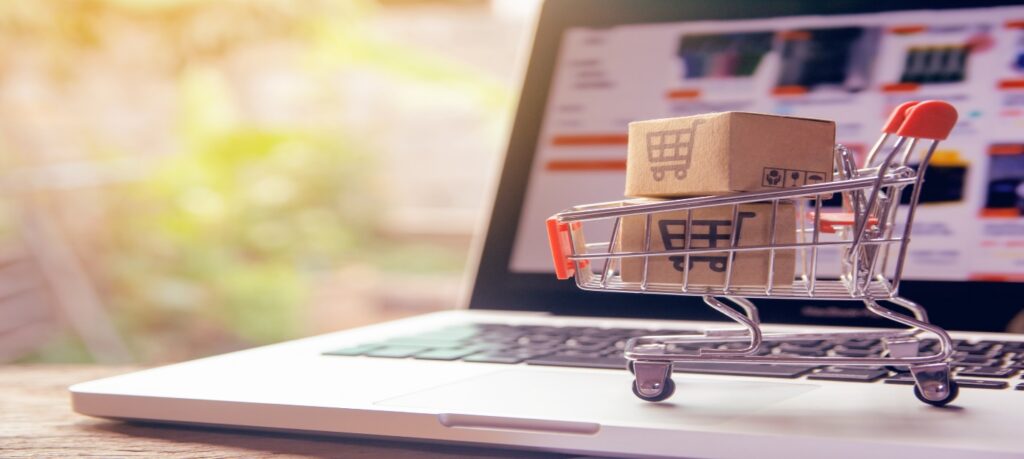In the digital age, the protection of all that we might hold dear has increasingly become more important, and as more individuals embrace this digital financial revolution, understanding the security of our crypto wallets and assets have become a no-brainer. With hackers constantly seeking opportunities to exploit vulnerabilities, it is essential to understand and take proactive measures to safeguard your digital assets. As any intrusion could mean the loss of all your investments. So, in this article, we will explore effective strategies to prevent hackers from intruding on your crypto wallet.
Choose a Secure Wallet:
It is essential to opt for a reputable wallet that has a proven track record of safeguarding digital currencies and is endorsed by the crypto community. Consider exploring hardware wallets or cold storage options, as they provide an additional layer of protection by storing your private keys offline. By doing so, hackers face significant obstacles in their attempts to gain remote access to your assets. Thoroughly research the reputation of the wallet provider. Look for wallets that have established themselves as trustworthy and have a history of securely storing digital assets. Also consider offline storage options, the amount of community support available, the development team and the security features offered by the wallet.
Strengthen Passwords and Enable Two-Factor Authentication:
Always use strong and unique passwords for your crypto wallets and please avoid using those passwords on other platforms as these other platforms could suffer security breaches as well, this drastically helps to reduce the possible points of failure. Incorporate a combination of upper- and lower-case letters, numbers, and special characters in order to enhance password strength. Additionally, strive to enable two-factor authentication (2FA) whenever possible, as it provides an extra layer of security by requiring a secondary verification step; I know this may be inconvenient, but it is truly worth it.

Regularly Update Software:
Always keep your wallet software up to date by installing the latest patches and updates released by the wallet provider. These updates often contain important security fixes that address vulnerabilities identified by developers. Regularly checking for software updates helps protect against known exploits and could be the difference between a breach and peace of mind.
Be Wary of Phishing Attempts:
Phishing attacks are a common tactic employed by hackers to trick individuals into revealing their sensitive information. Be cautious of suspicious emails, messages, or websites that appear to be from your wallet provider or other crypto-related services. Avoid clicking on suspicious links and never share your private keys or login credentials with anyone. Always verify the legitimacy of the source or website before providing any personal information, and note that there is nothing wrong with refusing to provide that information if you are unsure about those asking.

Secure Your Device:
Ensure the device you use to access your crypto wallet is adequately protected. I know some of us find frequent device updates to be annoying, but, these updates help secure your data so it is imperative that you regularly update your operating system and antivirus software to defend against malware and other potential threats. Also, avoid the use of public Wi-Fi networks when accessing your wallet, as well as public USB ports, as they may pose security risks. Consider making use of a virtual private network (VPN) for an added layer of encryption and privacy.
Backup Your Wallet:
Regularly back up your wallet and keep multiple copies in secure locations. In case of device loss, theft, or other unforeseen events, having a backup allows you to restore your wallet and regain access to your funds easily. Store backups offline or on encrypted cloud storage services to minimize the risk of unauthorized access.
Stay Informed:
Always stay up to date with the latest security practices and trends in the crypto community. Follow reputable sources, and social media channels to catch wind of any emerging threats and the best practices for wallet security. By staying informed, you can adapt to evolving security measures and take timely actions to protect your assets.
Remember, safeguarding your digital assets is essential in the world of cryptocurrencies, where personal responsibility and proactive security measures go hand in hand.
365technoblog is a No.1 source for technology related tips and discussions – app, IT security, smartphones, etc. 365technoblog also welcomes guest’s writers.









Comments